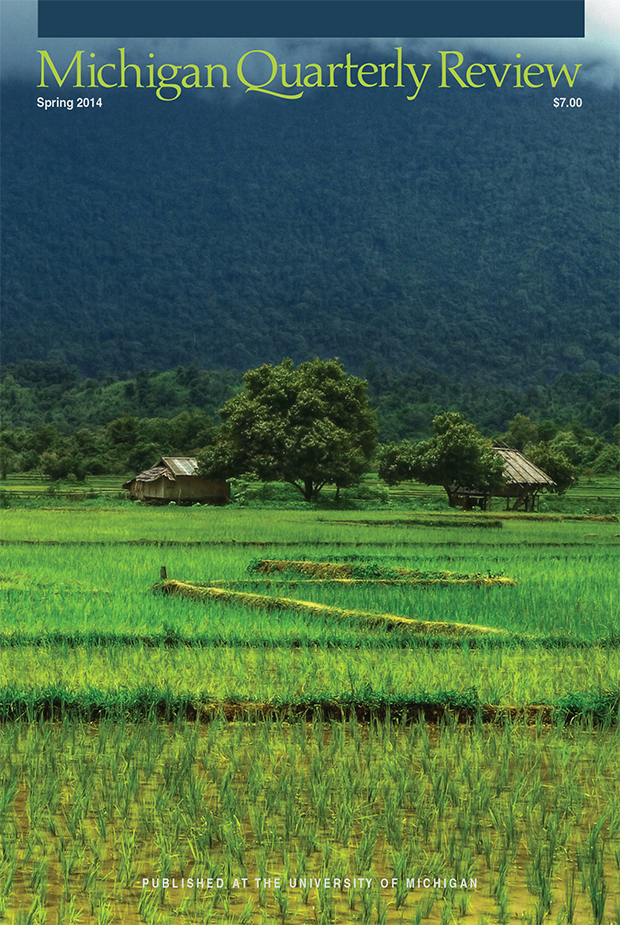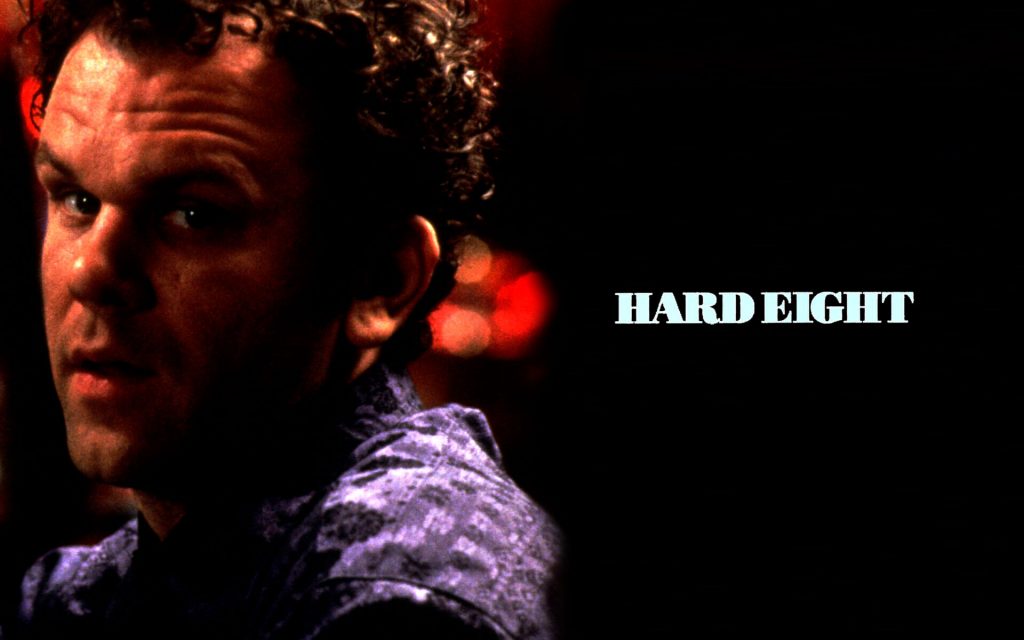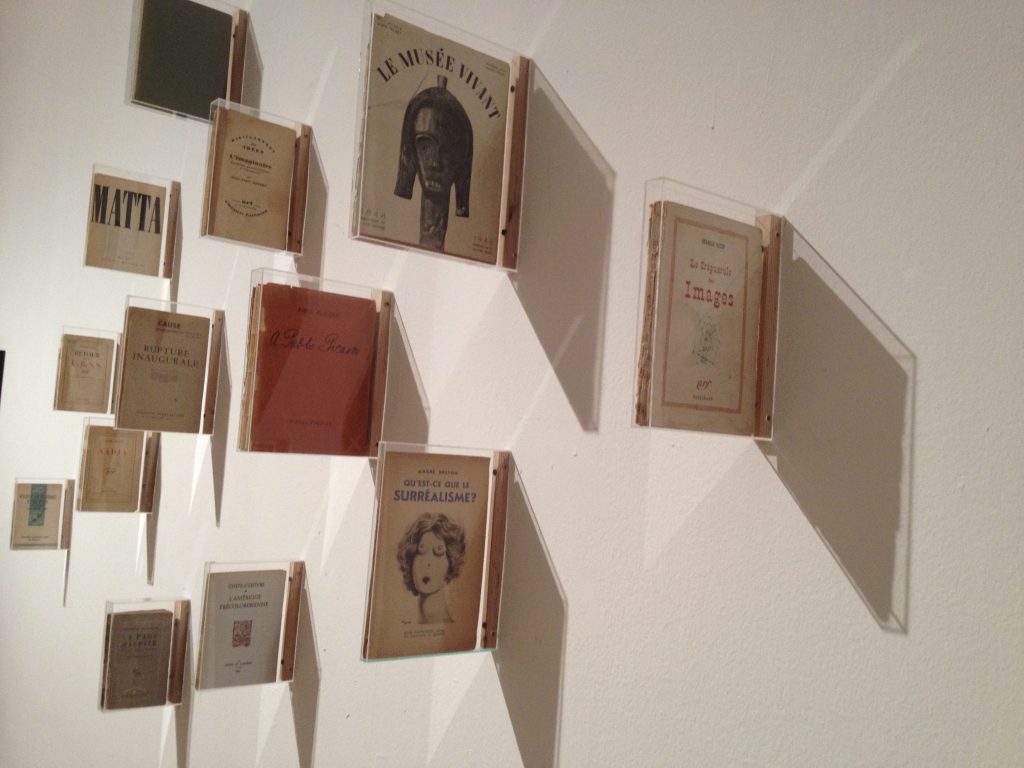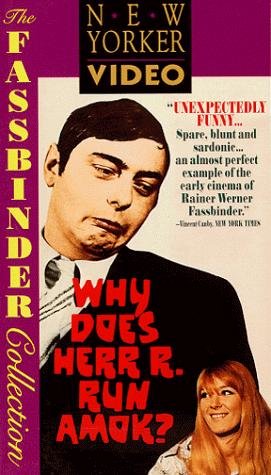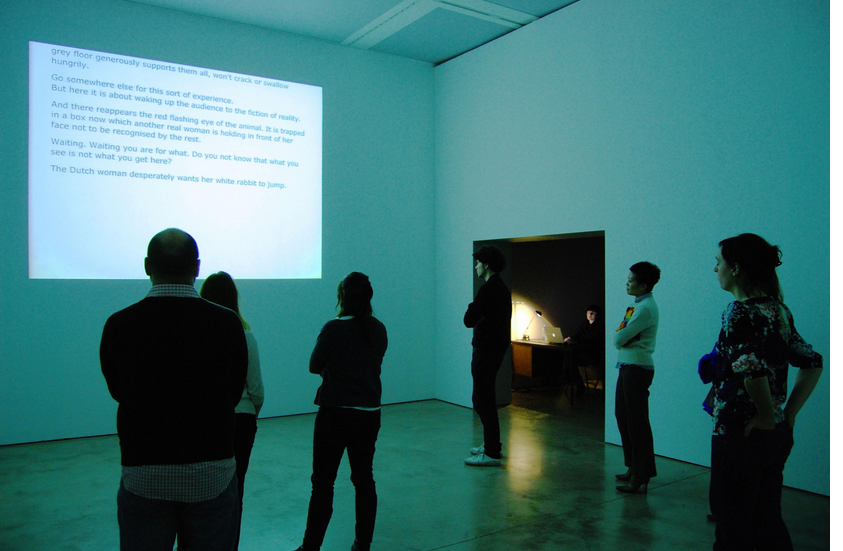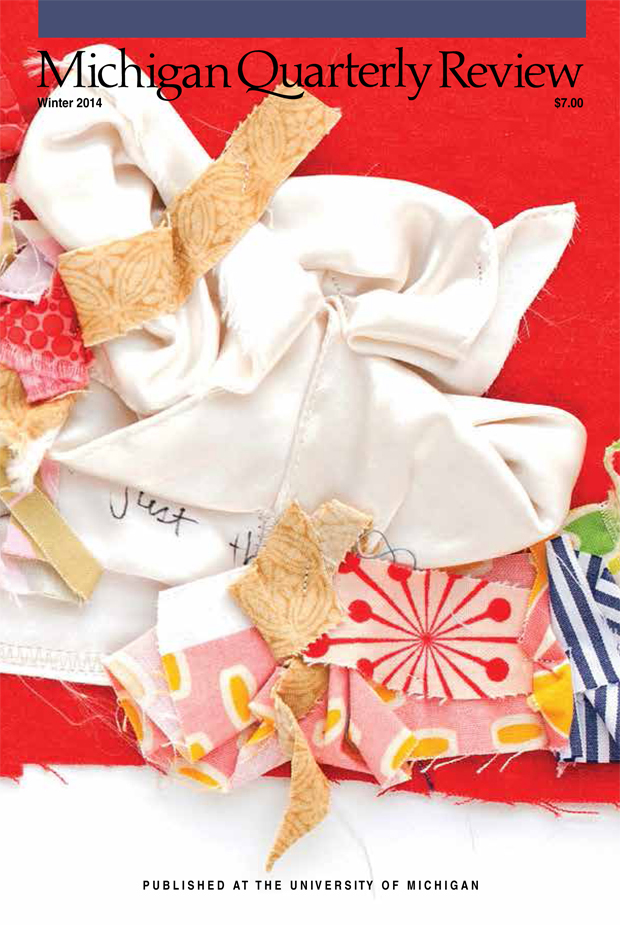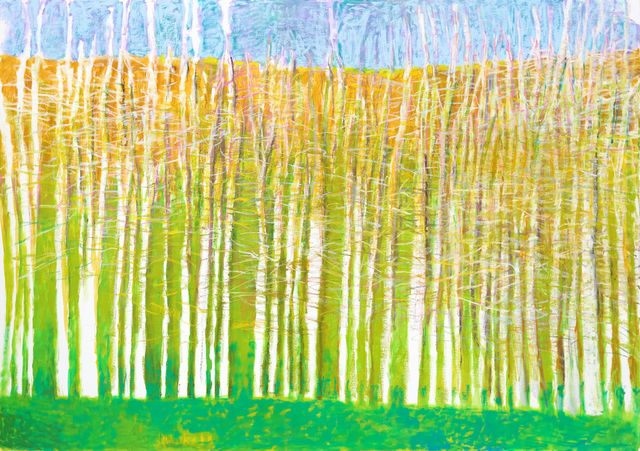MQR 53:2 | Spring 2014
Linda Frazee Baker discovers Dwarka, Chris Kempf goes on the worst first date of his OkCupid career, Rav Grewal-Kök experiences a moment of truth in Vang Vieng, Michael Kobre wonders what’s happened to all the superheroes, Asraf Rushdy muses about writing a trilogy on lynching.
Fiction by Nan Byrne, S. P. Donohue, Janis Hubschman, Courtney Sender, Brian Short, Ruvanee Vilhauer.
Poetry by Susan Hutton, Jacques Rancourt, Corrina Schroeder, G. C. Waldrep.
MQR 53:2 | Spring 2014 Read More »

